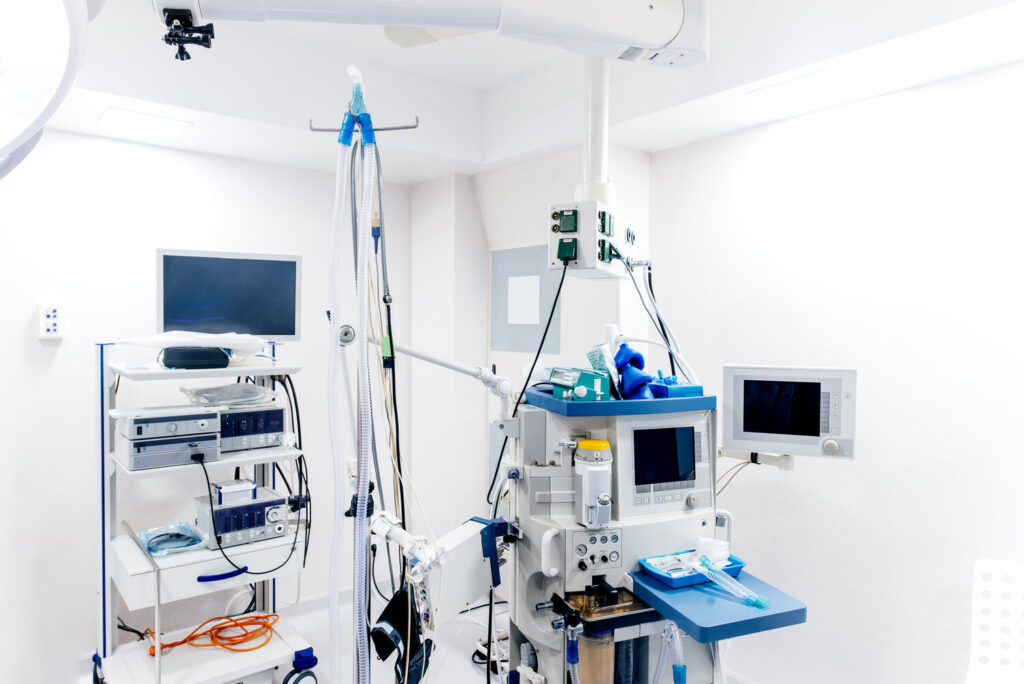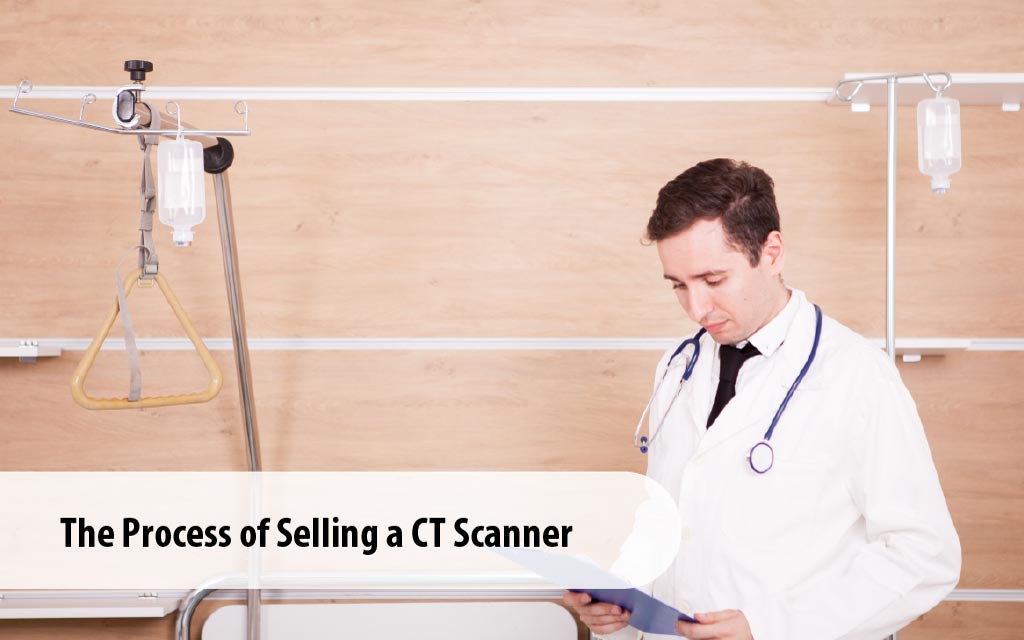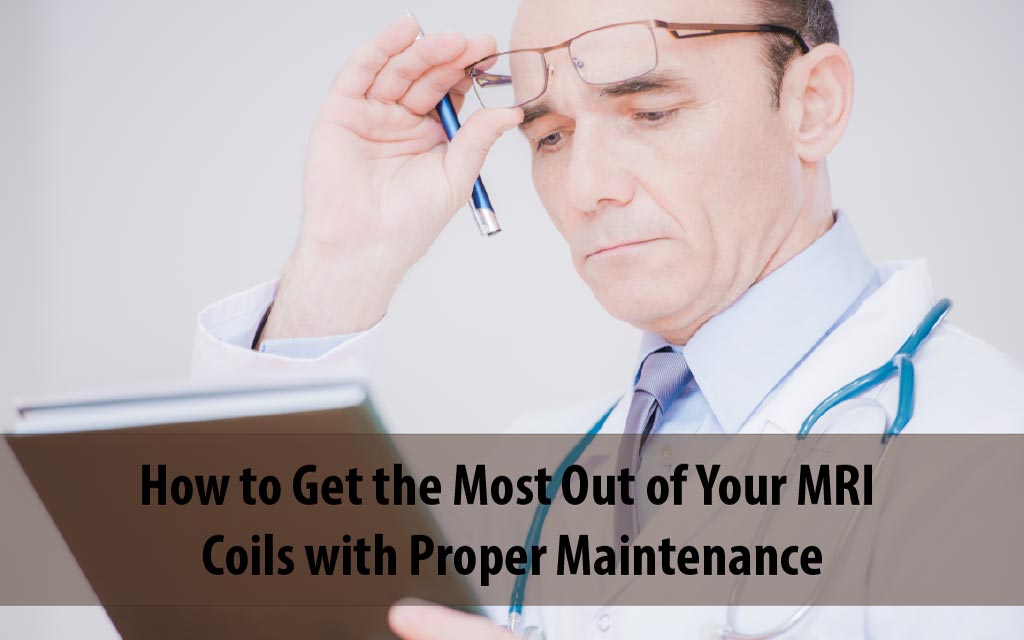
From small-scale imaging services to well-established medical providers and hospitals, to quickly check a patient’s blood pressure or to scan and diagnose any major physical abnormalities/diseases, stocking the facility with the right, quality medical equipment plays a crucial role.
However, the big question is “Are you purchasing the equipment for a better price without compromising the performance?”. The answer would be yes if you had found the best among several marketplaces that had evolved over the past few years selling pre-owned medical equipment.
The idea of buying used medical equipment for sale such as radiology devices, scanners, etc., should be researched and reviewed well to turn your purchase into profit down the line eventually.
5 Questions to Ask the Vendor When Purchasing Second Hand Medical Equipment:
There are several vendors out there displaying second hand medical equipment for sale and claiming that they are the best sellers. In addition to the typical “How much?”, below are a few important questions that you can ask the vendor to distinguish from the rest and decide if you have reached the right place.
Are there any customizations done with the equipment? How many prior upgrades /refurbishments have been performed on the pre-owned medical equipment? Does it perform optimally?
Much gently used equipment for sale perform better compared to those that have gone through several upgrades. Check with your vendor how old the equipment is and how many ownerships it had. With this, you will get an idea if the refurbished equipment will be of optimal use. For example, if the original OEM equipment was capable of 200 scans per month, whether the upgraded pre-owned scanner would be capable of close to at least 180 scans. If the performance is not closer, then you will have a backlog of patients and hence your business profit will be impacted.
What kind of models have you sold in the past? Do the necessary accessories come along with the equipment? Do you give ideas on the purchase based on our usage?
If you have any specific brand options in your mind, ask them about the various models of each brand they have sold in the past. Check with them if they have any outdated models with better quality suiting your requirements, if yes, then ask them if all the necessary parts are available and if they can upgrade them in the future.
Also, it is important to know if the imaging equipment comes with all the necessary accessories such as coils, etc. If you are going to get only the base equipment and buy the accessory parts on your own, then it may cost you extra and may even out beat the original equipment package. So, always make sure you get what you paid for.
Talk with their technical team and explain your usage and what specific area of diagnosis you are focusing on and check with them all the relevant models and choose from them.
Do as much brainstorming as possible to select the best product.
Is there a warranty associated with the refurbished product?
Even though the equipment you are planning to purchase is a second-hand one, some vendors give the refurbished product with a limited time warranty. Make sure, you get detailed instructions on how to claim warranty services if there are any issues and what coverage they offer.
Does the equipment have a good return on investment?
Savings in terms of equipment cost is not the only criteria you check before buying a pre-owned product. You have to make sure that the imaging devices work for a long time with optimum usage and don’t get repaired often. This way, you spend less but earn many patients with your single equipment, hence your money returns will be high. On the contrary, if your second-hand device doesn’t perform well, then you will have to compensate by buying more products and you will end up spending more.
So, ask the vendors in detail about the return-on-investment for the equipment they sell.
Do you provide maintenance services, technical support, online troubleshooting?
Radiology and imaging equipment should be handled with at most care. Even a slight mishandling could damage the parts and affect the functionality.
Make sure there is a 24/7 support service available with the vendor and check with them about how to approach the technical team for emergency troubleshooting. How much is the turnover time for any complaints? Will they be available for maintenance services?
If they cannot visit in person to fix the equipment issues, then, check if the vendors have online or phone services through which they can guide you before they arrive.
Additional factors to consider while purchasing Second Hand Medical Equipment from vendors:
- Always approach a trusted party. Check reviews and make sure that the vendors are transparent in providing all the requested details.
- Ask them if you can visit the operating area or their stores to analyze how the products are handled. If possible, visit the site before de-installation is done so that you will know the original performance of the equipment.
Amber Diagnostics – A Trusted Vendor:
If you need to find a vendor who has satisfying answers for the above questions and provide more than what you expect, then you have come to the right place. Amber Diagnostics has great market value for the equipment you purchase. They have a Return on Investment (ROI) calculator for a variety of products such as MRI Scanners, CT Scanners, X-Rays and much more, with which you can enter the details of equipment cost, the number of scans you perform monthly and forecast your return profit and market share. They also have buyer’s handbooks and guides to give a detailed idea of the price, parts, site requirements and planning, maintenance, etc.
![From small-scale imaging services to well-established medical providers and hospitals, to quickly check a patient’s blood pressure or to scan and diagnose any major physical abnormalities/diseases, stocking the facility with the right, quality medical equipment plays a crucial role. However, the big question is “Are you purchasing the equipment for a better price without compromising […]](https://www.sinky.net/wp-content/uploads/2018/01/Untitled-1-1.png)


